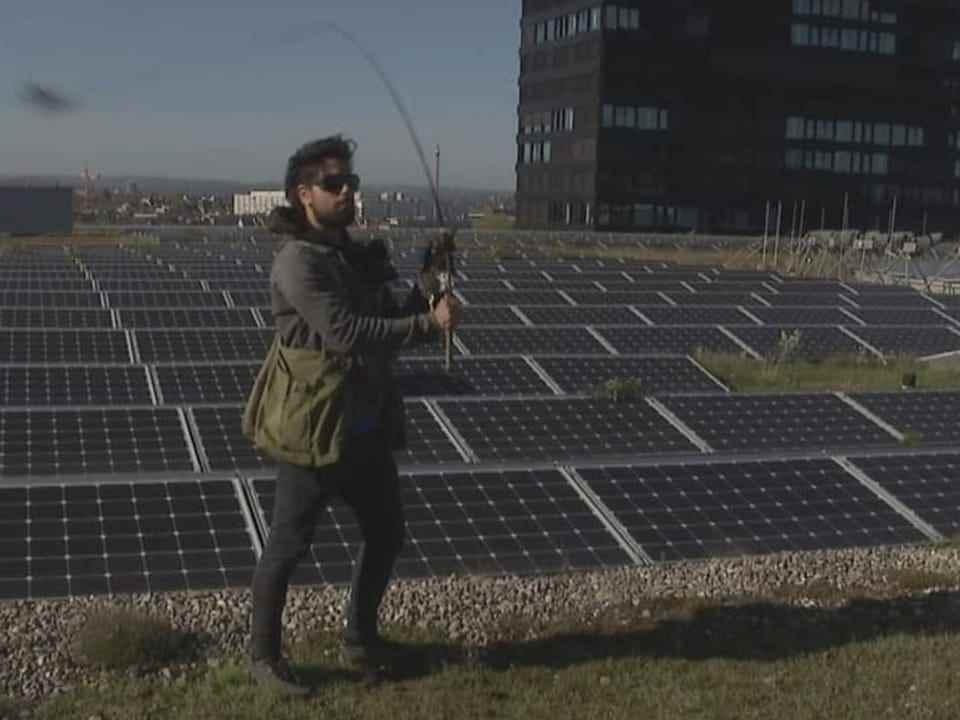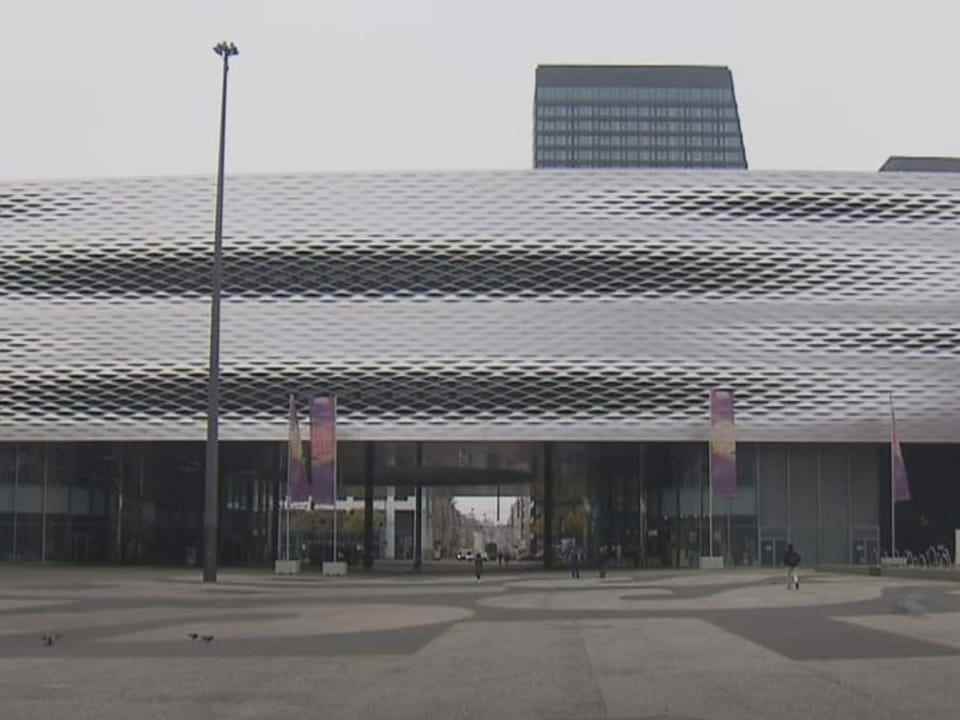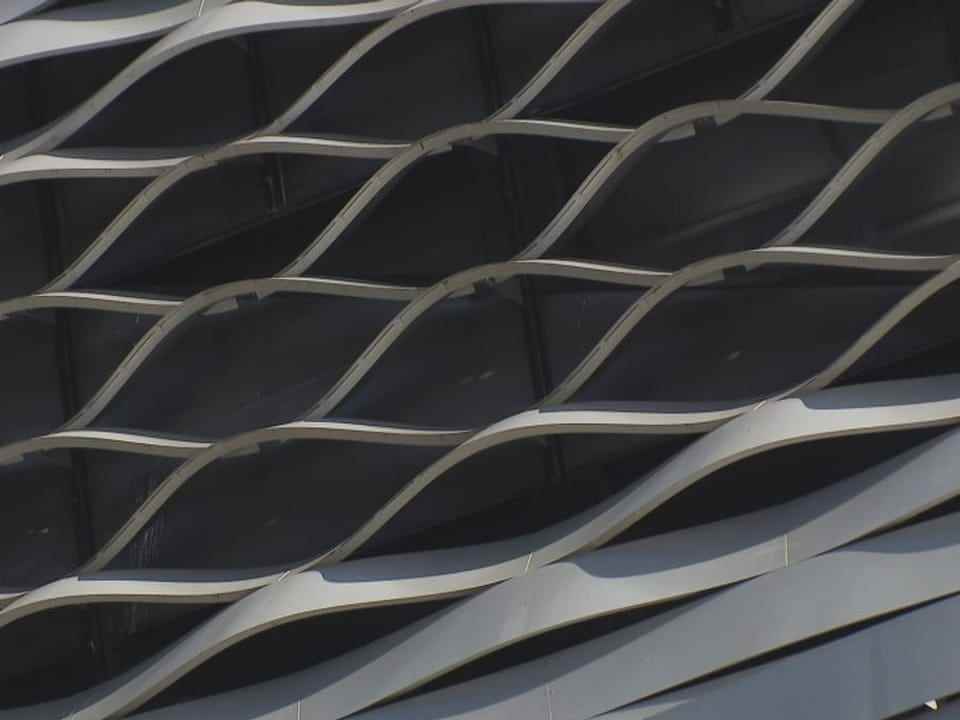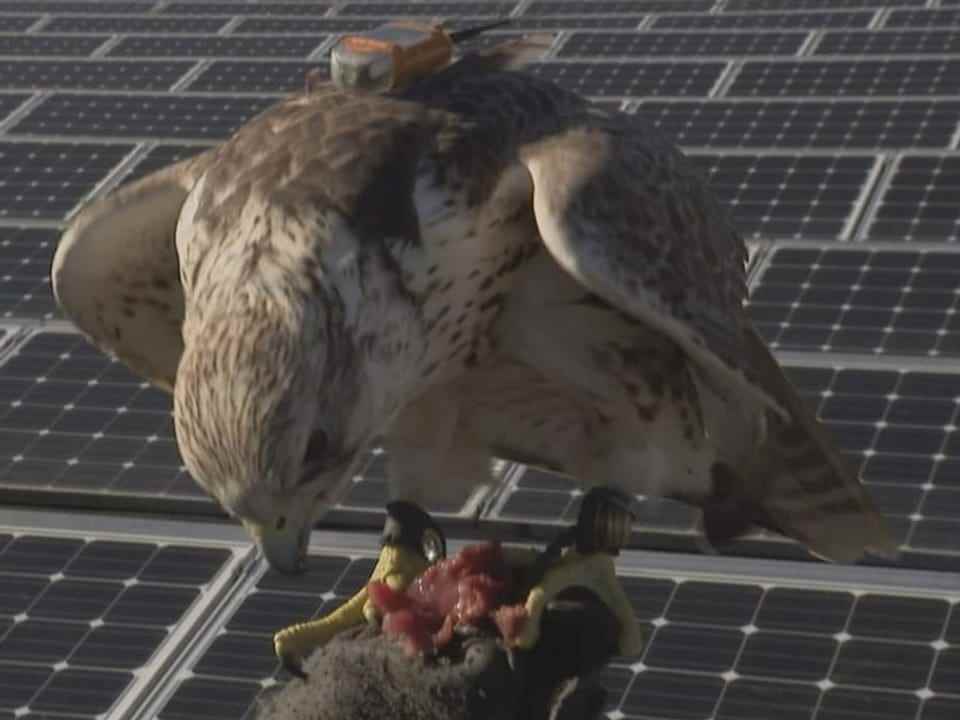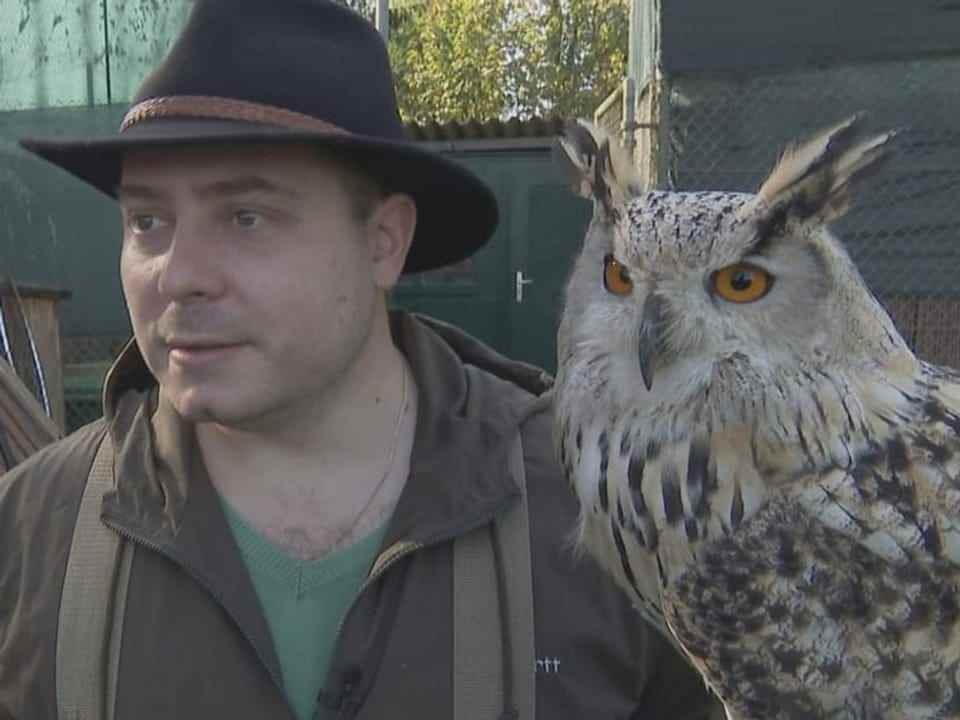contents
Several Basel companies have hired falconers to scare away annoying birds with buzzards, falcons and an owl.
Pigeons and crows soil balconies and facades with their droppings or cause noise. Several Basel companies no longer want to accept this. They rely on falconers who are supposed to scare away the pigeons and crows with their birds of prey. Among them is Novartis, which wants to protect its campus in Basel, as the group confirms to SRF.
Bird plague due to corona pandemic
“During the corona pandemic, when many were working from home, many pigeons and crows had settled and the campus was very dirty,” writes Novartis. “In order to improve the problem in the long term, Novartis decided to use this natural defense measure, in which the animals are gently chased away but not killed.”
Birds of prey at work
The falconers Benjamin Gregor-Smith and Simone Cilluffo, founders of the company Swiss Falconry, carry out this deterrent for Novartis. They started on the Novartis campus in April 2021. “Initially, we spent four to five hours on the site with our falcons, six times a week,” says Benjamin Gregor-Smith. “Today it’s still around two hours, but still six times a week.”
Messe Basel has halls protected
The falconers release the birds of prey into the air at various locations on campus. This drives away crows and pigeons. They also do the same on behalf of the MCH Group, Swiss Exhibition. The company is bothered by the pigeons, which find optimal nesting conditions in the slats of the newest Basel exhibition hall. Instead of having to clean them again and again, the falconers should scare away the pigeons.
To do this, the falconers climb onto the roof of the exhibition hall and let their birds of prey fly from there. That works quite well, says Gregor-Smith: “A year ago, when we started at the fair, there were 200 to 300 pigeons here. Now there are still around 20.” As with Novartis, they initially came to the fair six times a week.
We’re like gardeners: if they stop coming, weeds will come back.
Now they are there two or three times a week. And probably for a long time. “We’re like gardeners: if they stop coming, weeds will come back,” says Gregor-Smith. “It’s exactly the same with us: if we stop, the pigeons will come back sooner or later.” That is why the order from Swiss Exhibition is “open end”, i.e. it has no end date.
Our owl can see in the dark too. The crows then panic and disappear.
Depending on the order, Swiss Falconry uses different birds. Hawks mark their territory by circling in the air. Buzzards would chase pigeons and crows straight away. “And we use our owl at dusk,” says Gregory-Smith. «He sees in the dark and flies silently. The crows will then panic and leave.”
Crows falsify Syngenta trials
Syngenta has also recently started using this. The agricultural group has its test fields in Stein in Aargau protected. “We’re doing field trials, so every grain counts,” says Syngenta researcher Simon Hug. If crows eat seeds, it distorts the experiments. “Then we don’t know whether it has fewer plants because of the crows or because of our products that we are testing.”
The two falconers not only fly their birds of prey in the city, but also over Syngenta’s test fields. In any case, business is going well, says Benjamin Gregor-Smith: “Our company is only two years old and so far we have had more than enough inquiries.”

